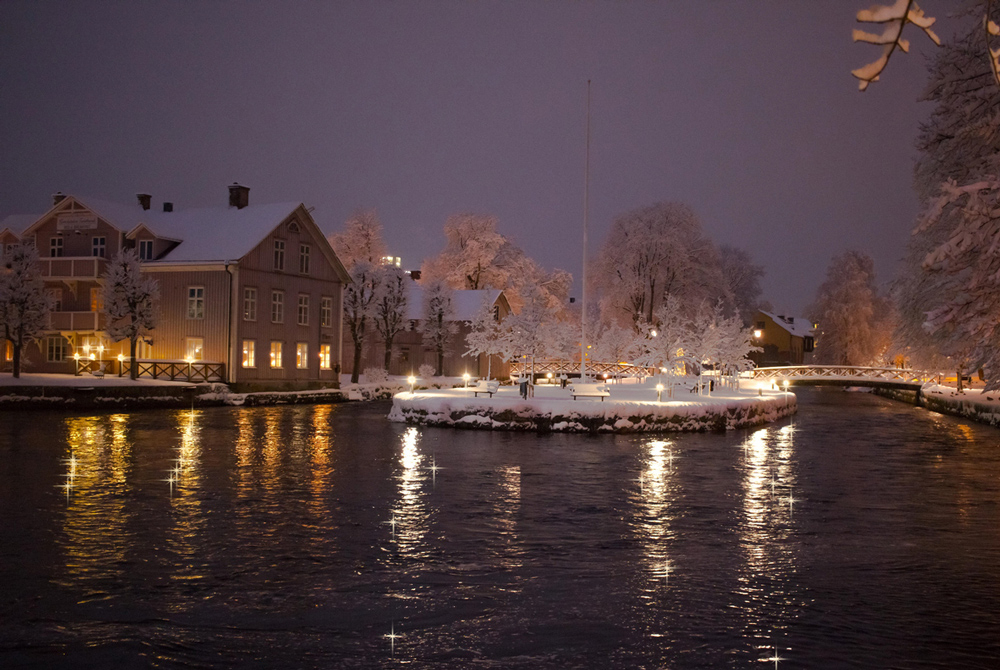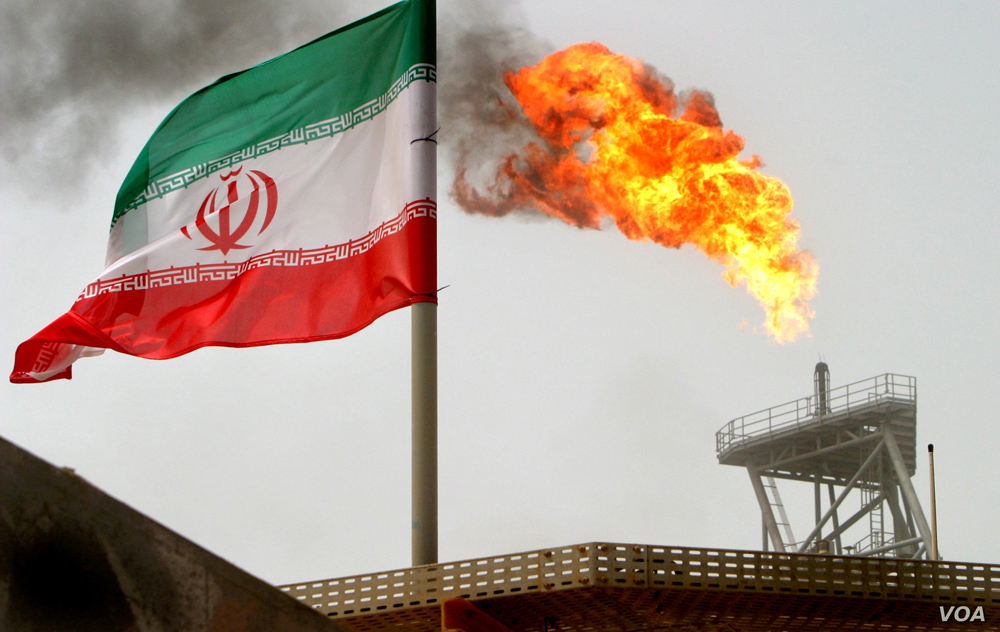In this mailing:
- Judith Bergman: Swedes are Fleeing
- Peter Huessy: 'Don't Go Wobbly' on Iran
by Judith Bergman • October 2, 2019 at 5:00 am
As a consequence of taking in so many migrants within a relatively short time span, not only during the extraordinary migration crisis in 2015 but generally in the years 2012-2017, municipalities are fighting high unemployment, a rise in child poverty and rising social welfare expenditures, according to Jim Frölander.
"I have tried to defend Malmö," Emma Zetterholm said, "But the more time passes and you notice that there is no improvement, you eventually lose your resilience".
"As a parent, you become angry, desperate... The result is that those who can, and can afford it, move.... To a quieter part of the country or abroad. Those who do not have the same opportunities [to move] remain where they are. It's devastating..." — Former Minister of Labour Sven Otto Littorin, who now lives and works in Dubai, on Facebook.
"About 13 percent of the population in Sweden experience problems in their own residential areas with crime, violence or vandalism. It is one of the highest proportions in Europe." By comparison, the other Nordic countries were placed among the countries with the lowest percentage of the population who experience such problems...." — Statistics Sweden, April 25, 2019.

Problems in many municipalities are prompting Swedes to leave for other areas with fewer socioeconomic problems. Between 2012 and 2018, in the small town of Filipstad (population 10,000), 640 native Swedes left and 963 foreign-born people moved to the town. Jim Frölander, the municipality's integration manager, says: "We are experiencing a population exchange... it is simply a statement of fact..." Pictured: Filipstad, Sweden. (Image source: iStock)
Swedes are on the move. Problems in many municipalities are prompting Swedes to leave for other areas with fewer socioeconomic problems. The issue has recently gained the attention of the Swedish mainstream media.
Take the small, picturesque town of Filipstad (population 10,000), for example. Swedish television recently made a documentary about the town, which finds itself in both a financial and an existential crisis. "We are experiencing a population exchange. You can think of that what you want... But it is simply a statement of fact that this is actually what we are going through and we have to deal with it", Jim Frölander, integration manager in the Filipstad municipality, says in the documentary. Between 2012 and 2018, 640 native Swedes left the town, and 963 foreign-born people moved into the town. Those leaving are people of working age (20-64), which means that the municipality's tax revenues are shrinking, exacerbating town's financial crisis.
by Peter Huessy • October 2, 2019 at 4:00 am
Iran has, indeed, seen its economy crumble, inflation and unemployment soar, and its oil exports rapidly fall to under 200,000 barrels a day from more than two million.
In short, through a combined policy of military restraint and economic pressure, the Trump administration has shifted the entire discussion on Iran.
No longer is preserving the JCPOA the issue, but rather jettisoning it and perhaps starting over. No longer is the use or abuse of American military power the focus of debate, but rather Iran's terrorist activities -- not just against America and Israel -- but against the entire world's energy sources.

Under the American administration's "maximum economic pressure" campaign, Iran has seen its economy crumble, inflation and unemployment soar, and its oil exports rapidly fall to under 200,000 barrels a day from more than two million. Iran's financial and military support for the terrorist organizations Hezbollah and Hamas also has markedly declined. Pictured: An oil production platform in Iran's Soroush oil fields. (Image source: VOA)
Since the Islamic Republic of Iran was created in 1979, the regime in Tehran has been at war with the United States and its allies, revealing itself to be an expansionist nation, the world's leading state sponsor of terrorism, and having "blood lust for its enemies."
The 2015 signing of the Joint Comprehensive Plan of Action (JCPOA) -- which Iran did not sign -- and otherwise bafflingly known as the "nuclear deal with Iran," was falsely claimed by its supporters in the West to prevent the ayatollah-led regime from obtaining nuclear weapons, even though its most salient feature was its "sunset clause" enabling Iran to have as many as it liked in just a few short years. As the Israeli government repeatedly warned, the JCPOA actually "put Iran on a glide path" towards a nuclear-weapons capability.
|
|
|
No comments:
Post a Comment